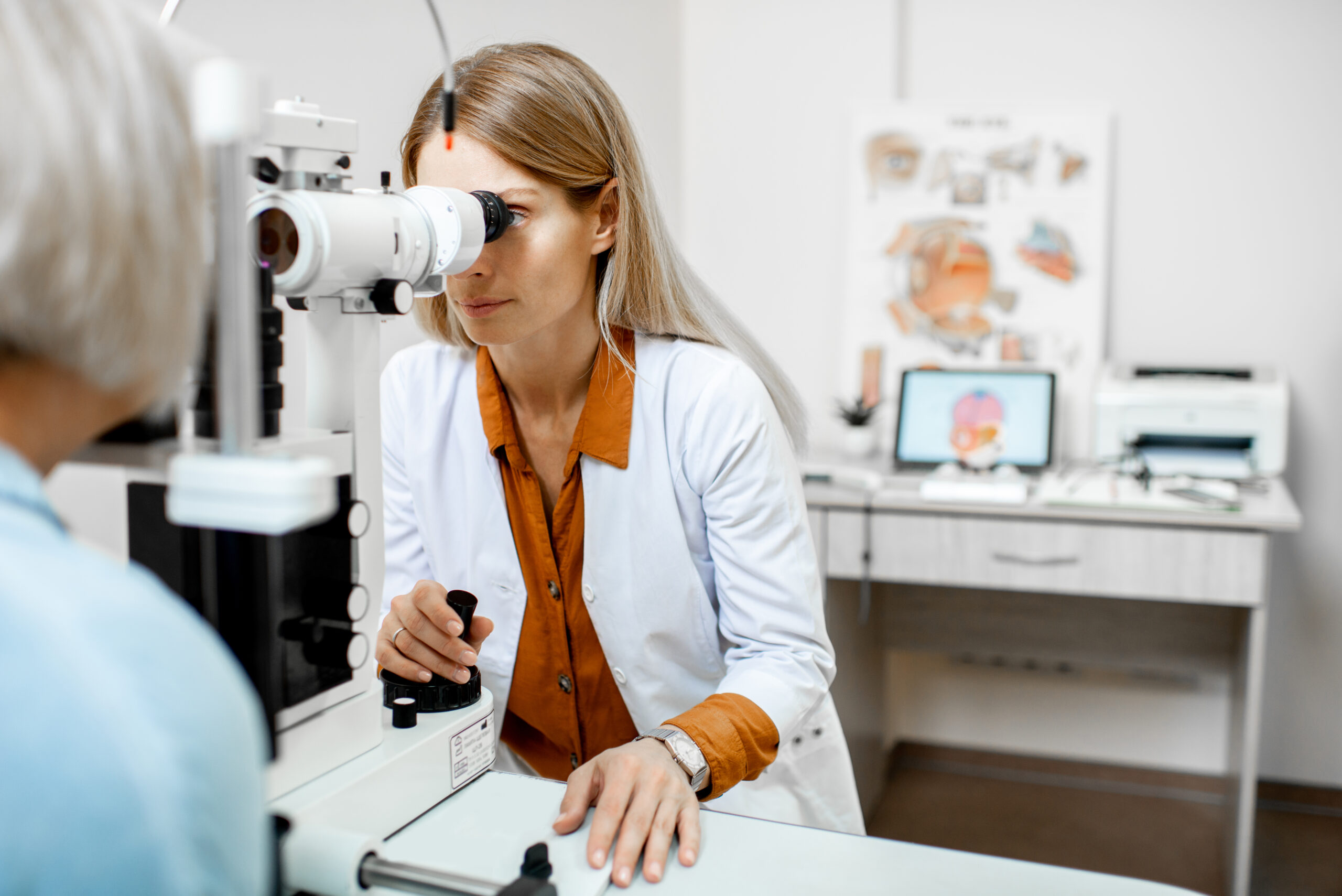A diagnosis that involves an eye disease or uncorrectable vision loss is very often hard to wrap our brains around. We may exit the doctor’s office with more questions than when we arrived. Sometimes we just assume, if the doctor did not broach a subject, there is nothing to discuss. And very often we hear, there is nothing we can do, and we accept that as fact. But the real fact is the patient must take an equal and active role in decisions that effect health and functional well-being.
The National Eye Institute’s guidance for Talking With Your Eye Doctor, begins with, “It’s okay to ask lots of questions, remember it’s your doctor’s job to answer them.” They say, “Ask questions and keep asking until you get answers.” Here are their informed suggestions.
DIAGNOSIS?
– What condition do I have?
– What causes this condition?
– Will it affect my vision, now or in the future?
– Do I need to make any changes to my everyday life?
– Are there any symptoms I need to watch for? What do I need to do if I notice those symptoms?
– Can you give me some information about my condition to take home with me?
– What are vision rehabilitation services? How can I get them?
TESTS?
– Do I need any tests?
– What do you want to find out from the test?
– When will I get my test results?
– Does the test have any risks or side effects?
– Will I need more tests later?
TREATMENT?
– What treatment do you recommend for me and why?
– When will I start treatment and how long will it last?
– Are there any side effects?
– What are the risks and benefits of this treatment?
– Are there other treatment options?
KEEP TRACK.
– Take notes during your appointment. You can write down your notes, or record your conversation with your cell phone so you can listen to it later.
– Ask a friend or family member to come with you to the appointment. They can take notes, help you ask questions, or just be there to listen and support you.
– Ask your doctor to write down the main points from the visit. They may also be able to print instructions or other important information for you.







